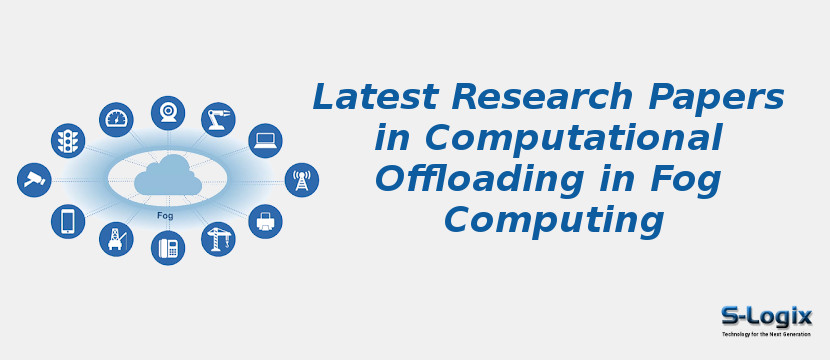Computational offloading in fog computing is a key research area that focuses on transferring computation-intensive tasks from resource-constrained end devices to nearby fog nodes to reduce latency, conserve energy, and improve overall system performance. Research papers in this domain explore static, dynamic, and adaptive offloading strategies that consider network conditions, task requirements, device capabilities, and Quality of Service (QoS) constraints. Studies highlight the use of optimization algorithms, game-theoretic approaches, and machine learning techniques—including reinforcement learning and deep learning—to make intelligent offloading decisions in dynamic and heterogeneous fog environments. Recent works also investigate multi-tier fog–edge–cloud collaboration to balance load, enhance scalability, and ensure service continuity. Security- and privacy-aware computational offloading frameworks are increasingly emphasized to protect sensitive data during task migration. Applications span smart healthcare, autonomous vehicles, industrial IoT, smart cities, and augmented/virtual reality, where low-latency and real-time processing are critical. Overall, research in computational offloading for fog computing enables adaptive, efficient, and secure workload management, bridging the gap between resource-constrained devices and high-performance distributed infrastructures.
